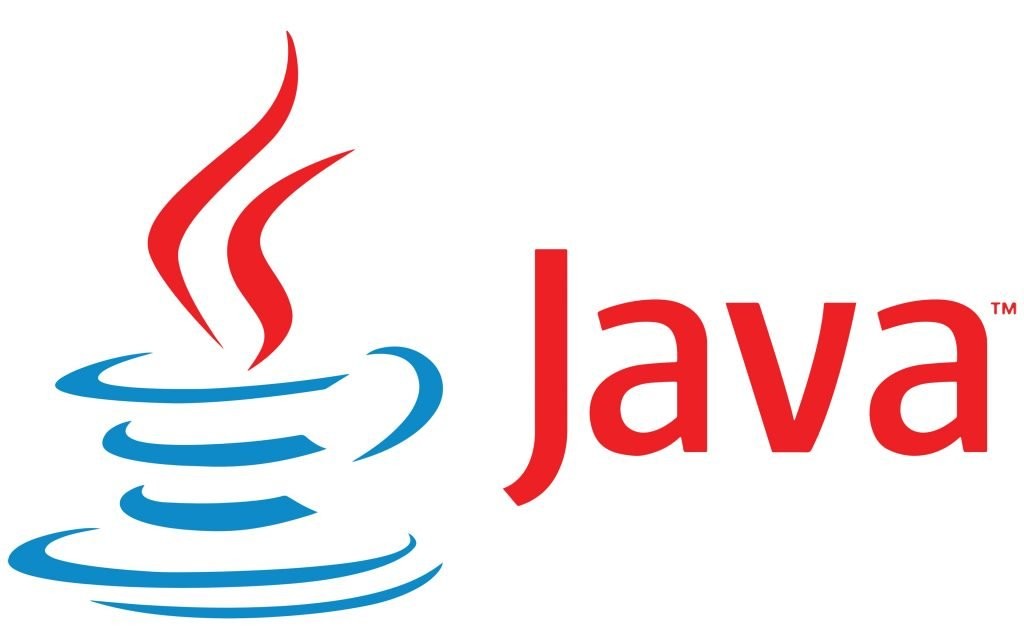Last Updated on August 1, 2024
Before Java 8, dealing with null values was a common source of bugs and NullPointerExceptions. Developers often had to write verbose null checks, leading to cluttered code and potential oversights.
The need for a more elegant solution to handle the absence of values became apparent, paving the way for the introduction of Java Optional.
What is Java Optional?
Optional is a container object introduced in Java 8 that may or may not contain a non-null value. It’s designed to provide a clear and explicit way to express the possibility of a missing value, encouraging developers to think about and handle null cases more effectively.
We use Optionals when we want to explicitly indicate that a value may be absent.
They’re particularly useful for method return types where the absence of a value is a valid and expected outcome. For instance, when searching for an item in a collection or querying a database, an Optional return type clearly communicates that the result might not exist.
Optionals are beneficial in stream operations, especially in terminal operations like findFirst() or findAny(), where the result may or may not be present.
They’re also valuable when working with computations that might not produce a result, such as parsing operations or conditional logic that may not yield a value.
Optionals can improve API design by eliminating the need for null checks and making the possibility of a missing value part of the method signature. This encourages consumers of your API to handle the absent case explicitly.
How to Use Java Optional?
Creating Optional
Optional.of(value) method creates an Optional with a non-null value. It will throw a NullPointerException if the value is null.
Optional.ofNullable(value) method creates an Optional that may contain a null value. If the value is null, it creates an empty Optional.
Optional.empty(): Creates an empty Optional.
Check for value presence:
isPresent() method checks if a value is present.
isEmpty() method checks if the Optional is empty (Java 11+).
ifPresentOrElse() method executes one action if a value is present, another if it’s not (Java 9+).
map() with orElse() method transforms the value if present, or provides a default.
filter() method applies a predicate and keeps the value only if it satisfies the condition.
or() method provides an alternative Optional if the original is empty (Java 9+).
Retrieving values
get() method retrieves the value if present, throws NoSuchElementException if empty.
orElse() method returns the value if present, otherwise returns the provided default.
orElseGet() method returns the value if present, otherwise invokes the supplier and returns its result.
orElseThrow() method returns the value if present, otherwise throws the provided exception. ifPresent() method executes the provided consumer if a value is present.
ifPresentOrElse() method executes one of two actions depending on whether a value is present.
or() method returns this Optional if a value is present, otherwise returns an Optional provided by the supplier.
stream() method returns a Stream containing the Optional’s value if present, otherwise an empty Stream.
map() method applies a mapping function to the value if present.
filter() method returns an Optional describing the value if it matches the given predicate.
Transforming and filtering
map method allows you to transform the value inside an Optional if it’s present. It takes a function as an argument and applies it to the value, returning a new Optional containing the transformed value or an empty Optional if the original was empty.
filter method allows you to conditionally keep or discard the value inside an Optional. It takes a predicate as an argument and returns an Optional containing the value if the predicate evaluates to true, otherwise an empty Optional.
Optionals Example
import java.util.Optional;
public class OptionalExample {
public static void main(String[] args) {
// Creating Optionals
Optional<String> optional1 = Optional.of("Hello");
Optional<String> optional2 = Optional.ofNullable(null);
Optional<String> optional3 = Optional.empty();
// Checking presence
System.out.println("optional1 is present: " + optional1.isPresent());
System.out.println("optional2 is empty: " + optional2.isEmpty());
// Retrieving values
String value1 = optional1.get();
String value2 = optional2.orElse("Default");
String value3 = optional3.orElseGet(() -> "Computed Default");
System.out.println("Value 1: " + value1);
System.out.println("Value 2: " + value2);
System.out.println("Value 3: " + value3);
// Transforming and filtering
optional1.map(String::toUpperCase)
.filter(s -> s.length() > 3)
.ifPresent(System.out::println);
// Using in methods
findUser(1).flatMap(OptionalExample::getEmail)
.ifPresentOrElse(
email -> System.out.println("User email: " + email),
() -> System.out.println("Email not found")
);
}
public static Optional<User> findUser(int id) {
// Simulating database lookup
return id == 1 ? Optional.of(new User(1, "john@example.com")) : Optional.empty();
}
public static Optional<String> getEmail(User user) {
return Optional.ofNullable(user.getEmail());
}
static class User {
private int id;
private String email;
User(int id, String email) {
this.id = id;
this.email = email;
}
String getEmail() {
return email;
}
}
}This example demonstrates creating Optionals, checking for value presence, retrieving values, and using Optional in method chaining and API design. By using Optionals, we make our code more expressive and robust, clearly indicating when a value might be absent and forcing ourselves to handle such cases explicitly.
Conclusion
Java’s Optional class is a valuable tool for handling potential null values gracefully. By providing methods like map and filter, it enables concise and expressive code while reducing the risk of NullPointerExceptions.
While Optional isn’t a silver bullet for all null-related issues, it significantly improves code readability and maintainability. By understanding its core concepts and best practices, developers can effectively leverage Optional to write more robust and resilient Java applications.

